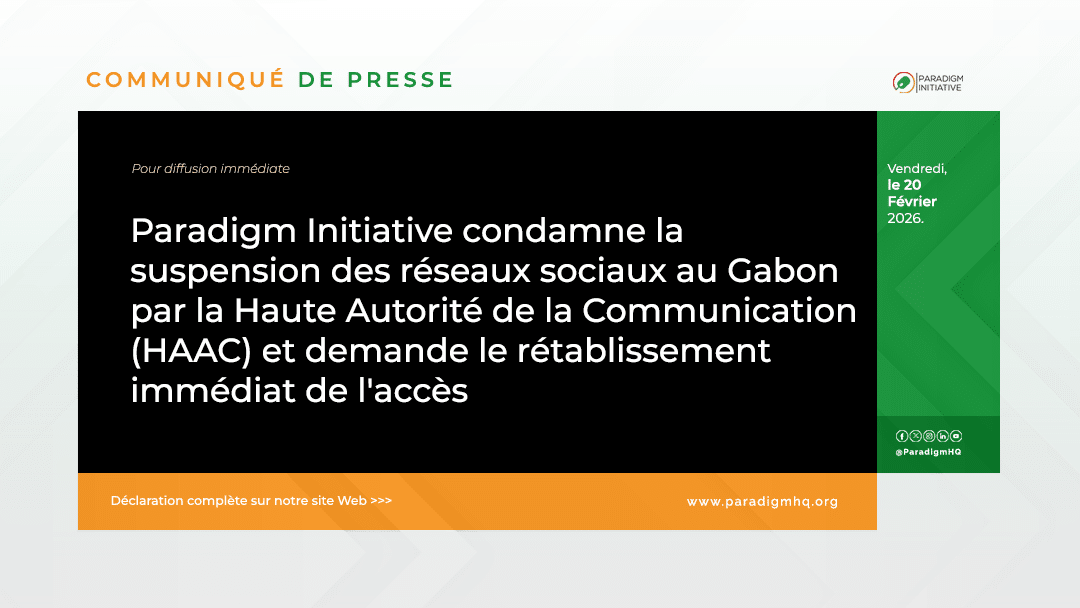The integration of Artificial Intelligence (AI) into various facets of global development presents both unprecedented opportunities and significant challenges. From enhancing agricultural productivity through precision farming to optimizing healthcare delivery via diagnostic tools and personalized treatment plans, AI’s potential to drive progress is immense. In the context of infrastructure, AI can facilitate smart city initiatives, improving urban planning, traffic management, and energy efficiency. Public services can be streamlined, making government interactions more efficient and accessible to citizens. However, the ethical implications of AI, particularly concerning data privacy, algorithmic bias, and job displacement, must be carefully considered and addressed. In Cameroon, for instance, the adoption of AI technologies must be approached with a keen understanding of local socio-economic conditions and cultural nuances. Ensuring equitable access to AI-driven benefits, fostering digital literacy, and developing robust regulatory frameworks are crucial steps. The journalistic principles in Cameroon emphasize accuracy, fairness, and independence. Therefore, any reporting on AI’s impact must be grounded in verifiable data, present diverse perspectives from experts, policymakers, and affected communities, and avoid sensationalism. The narrative should highlight both the transformative potential and the inherent risks, promoting informed public discourse. Furthermore, the development of local AI talent and infrastructure is vital for Cameroon to harness AI’s benefits effectively and avoid becoming solely a consumer of foreign technologies. Investments in education, research, and development are essential to build a sustainable AI ecosystem that serves national development goals. The role of international partnerships and knowledge transfer is also critical in accelerating AI adoption and ensuring that developing nations are not left behind in the global AI race. This includes collaborations on ethical AI guidelines, data governance, and capacity building. Ultimately, the successful integration of AI into global development, especially in countries like Cameroon, hinges on a balanced approach that prioritizes human well-being, ethical considerations, and sustainable growth. It requires continuous dialogue among stakeholders, adaptive policy-making, and a commitment to leveraging AI as a tool for inclusive progress. The ongoing discourse around AI’s future must therefore be comprehensive, encompassing technological advancements, societal impacts, and ethical responsibilities, ensuring that AI serves humanity’s best interests.
The Future of AI in Global Development



